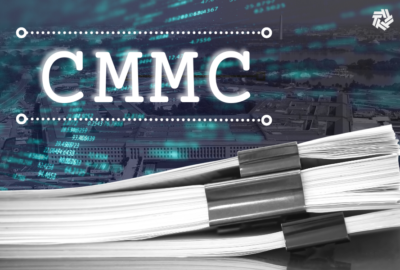New cyber post goes to old guy
Silicon Valley may offer a siren call for gray feds, but by some accounts it's a hotbed of ageism.
Can you believe it? The White House named a guy who’s, like, 55-years-old as the federal chief information security officer. He’ll probably wear, like, a suit and tie if he goes to, you know, The Valley looking for advice. I have no words.
Actually I do. Maybe Greg Touhill has learned a thing or two after 30 years in the Air Force followed by a few years at Homeland Security. Nothing about his appointment struck me as unusual in any way until, the same day, I came across a Bloomberg Businessweek piece by Carol Hymowitz and Robert Burnson. They report the 150 biggest companies in Silicon Valley have been hit with hundreds of age discrimination lawsuits over the past few years.
With apologies to Touhill for using him as an example, I’ve been amazed by stories of the new, allowable discrimination — against age. Technically it’s not allowable. It’s illegal and has been for decades. But it’s accepted and even expected in many quarters if companies can get away with it.
But Silicon Valley, region of the always new. The gravitational center for creative destruction of the entrepreneurial economy. The place to where federal functionaries from Defense and Homeland Security are streaming, seeking wisdom like pilgrims seeking revelation in the grottos of Lourdes.
But it may be the most ageist place anywhere. People over 40 undergo facelifts and go around dressed like Mark Zuckerberg so they get or keep a job. A lawsuit against Google last year by a 64-year-old engineer revealed the average age of the company’s employees is 29. At Facebook it’s 28, at Apple 31.
Lawyer and age discrimination blogger Patricia Barnes has written the federal government is no different from companies enthralled with the young. She cites the Pathways program and its emphasis on recent graduates. You could add the new infatuation with Silicon Valley. Or the touted youth of the 18F group at the General Services Administration.
She may go a little far with the comparison. The government had room for Touhill after his Air Force career. A quick random search on USAobs.com shows lots of jobs for which few people in their 20s would be remotely qualified. Physicians chief of staff at Veterans Affairs, at up to $300,000. Supervisory Risk Management Specialist at Homeland Security, a GS-14 level job. Social Science Research Analyst at the Centers for Medicare and Medicaid Services, a GS-13.
Rather than repeat platitudes about hiring on ability and not on age, how about if we acknowledge that sometimes you need experience, sometimes you need certain energy or skills that skew young, but most of the time age is a weak predictor of performance or suitability?
Copyright © 2025 Federal News Network. All rights reserved. This website is not intended for users located within the European Economic Area.
Tom Temin is host of the Federal Drive and has been providing insight on federal technology and management issues for more than 30 years.
Follow @tteminWFED






